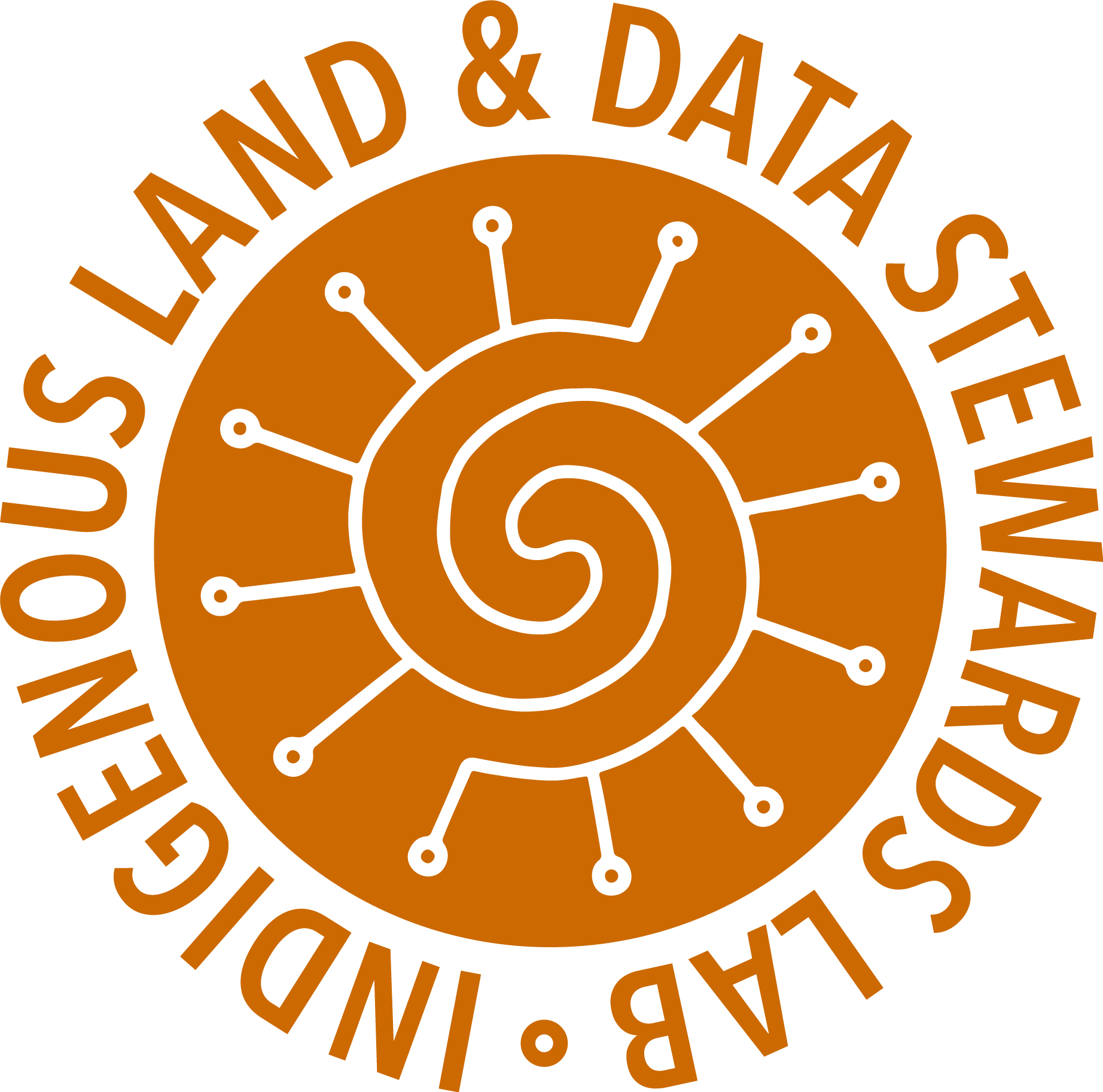Recent paper outlining the governance of Indigenous data in open earth systems science
Fig. 3: Recommendations for governing Indigenous data across the data lifecycle. For many Indigenous Peoples of North America, the medicine wheel teaches about balance in contrasting aspects of the world and the nature of recurring cycles. The medicine wheel may, at times, represent the cardinal directions, natural elements, aspects of self, stages of life, seasons of the year, and times of the day (inner circle); here, we use it to think about the data and specimen life cycle (shaded outer circle) and the iterative nature of long-term research. We offer suggestions for bringing each aspect of an Earth Science project or institution into balance with sovereignty and multiple ways of knowing across settler colonial and Indigenous systems (bulleted text). Image credit Colin Wiliams, NEON/Battelle.
Dr. Dominique David-Chavez and colleagues recently published an article focused on protocols for upholding Indigenous Peoples’ rights in the age of big data and open science. This article is a culmination of recommendations developed by The Earth Data Relations Working Group (EDRWG), a collaborative of 18 members spanning diverse perspectives and disciplines, on aligning open data repositories and projects with Indigenous data governance protocols.
Through this article and by using the National Ecological Observatory Network (NEON) as an example, the EDRWG provides a list of actions and recommendations, applicable across all phases of the data lifecycle, that recognize the sovereign rights of Indigenous Peoples and support better research across all Earth Sciences. Read the article linked below to learn more!

